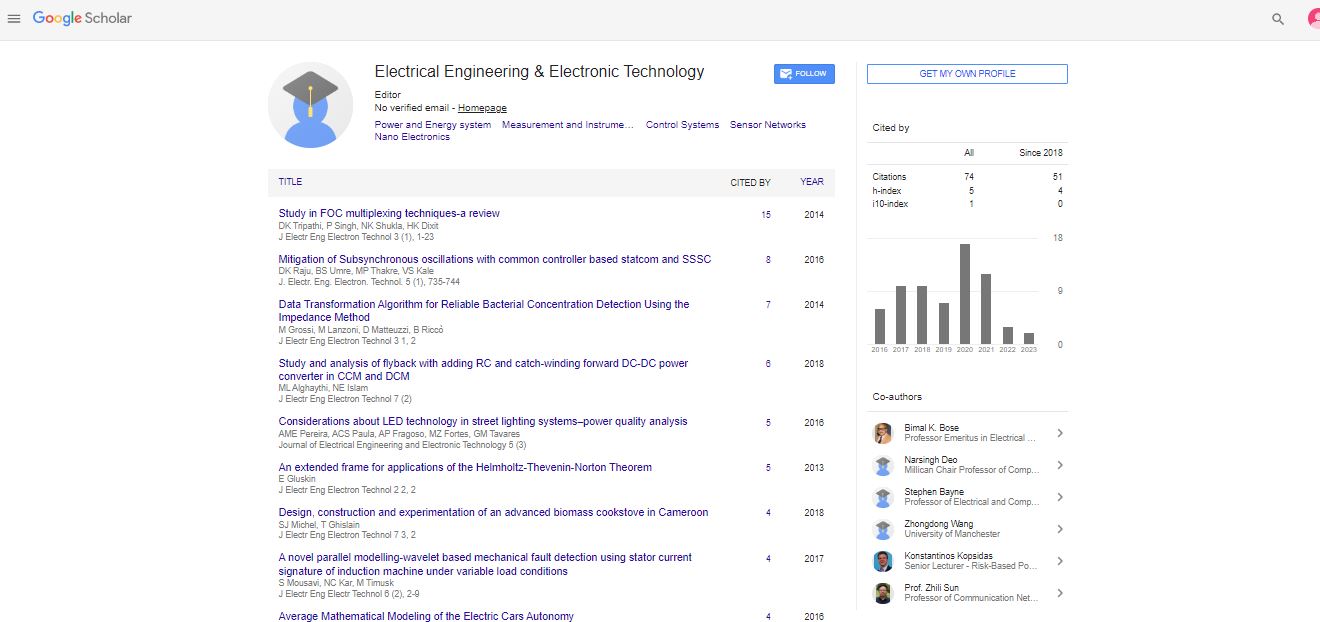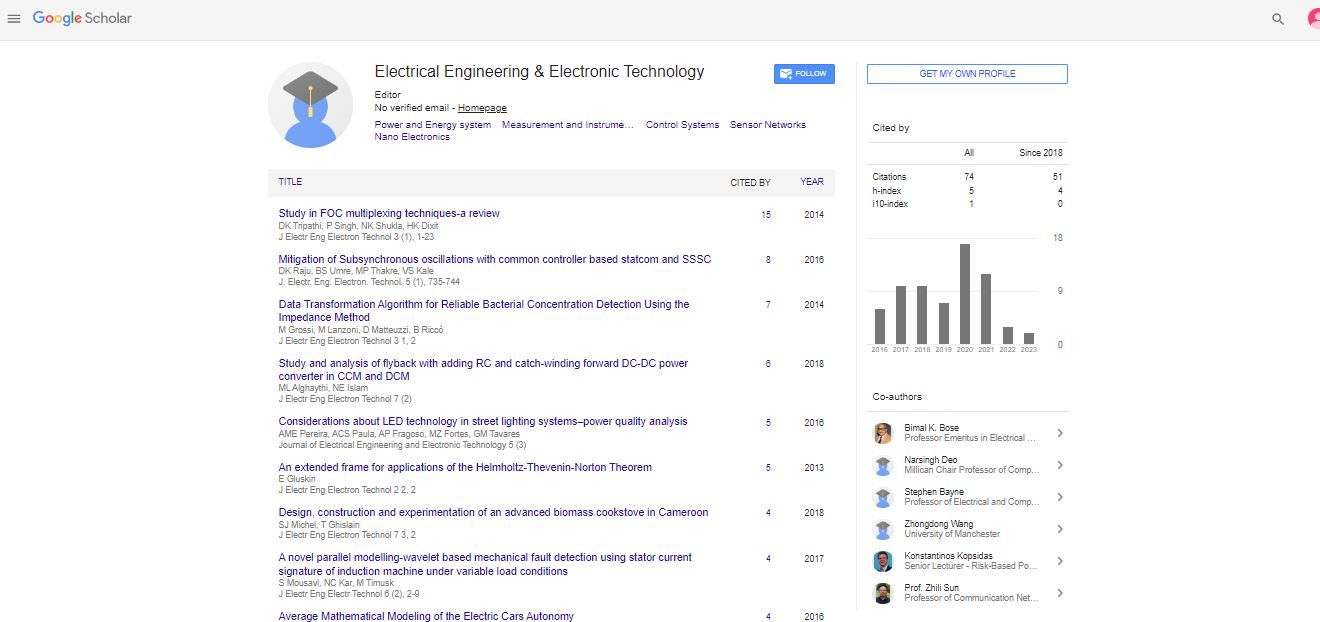Towards a resilient information architecture platform for smart grid
Gabor Karsai
Vanderbilt University, USA
: J Electr Eng Electron Technol
Abstract
Smart grid functions, like protection, autonomous energy management, remedial action schemes and micro grid control need not only intelligent algorithms but also a robust, secure and decentralized software platform enables timely decision making and control. Such a platform acts as an operating system for grid applications; it provides core services for distributed algorithms: Real-time messaging paradigms, service discovery, fault management, time synchronization, secure communications and operations, as well as application management. By necessity, the applications have to run close to the physical system, as the round trip delays to the cloud are not affordable. Our team is developing such a platform that is slated to run on a distributed hardware architecture involving fog computing nodes and networks. The platform includes a designtime and a run-time component: In design-time developers use a model-based software development paradigm to build and verify distributed applications. The development tools include domain specific modeling tools and code generators that synthesize component-based application. The runtime tools include a middleware layer that implements the message-based application component model and a set of service managers that provide application management, discovery, high precision time synchronization, fault tolerance and security functions. The platform has been tested with a number of applications, including microgrid control, remedial action schemes and transactive energy. The platform runs on fog computing nodes to satisfy stringent real-time and autonomy requirements. The novel capabilities of the platform allow the development and operation of resilient, distributed, real-time applications that must exhibit a very high degree of dependability.
Biography
Gabor Karsai is a Professor of Electrical Engineering and Computer Science at Vanderbilt University and Senior Research Scientist and Associate Director at the Institute for Software Integrated Systems. He has over 25 years of experience in research on systems and software engineering. He conducts research in the model-based design and implementation of cyber-physical systems in programming tools for visual programming environments and in the theory and practice of model-integrated computing. He has received his BSc, MSc and Doctor of Technology degrees from the Technical University of Budapest in 1982, 1984 and 1988, respectively and also his PhD from Vanderbilt University in 1988.
 Spanish
Spanish  Chinese
Chinese  Russian
Russian  German
German  French
French  Japanese
Japanese  Portuguese
Portuguese  Hindi
Hindi 
